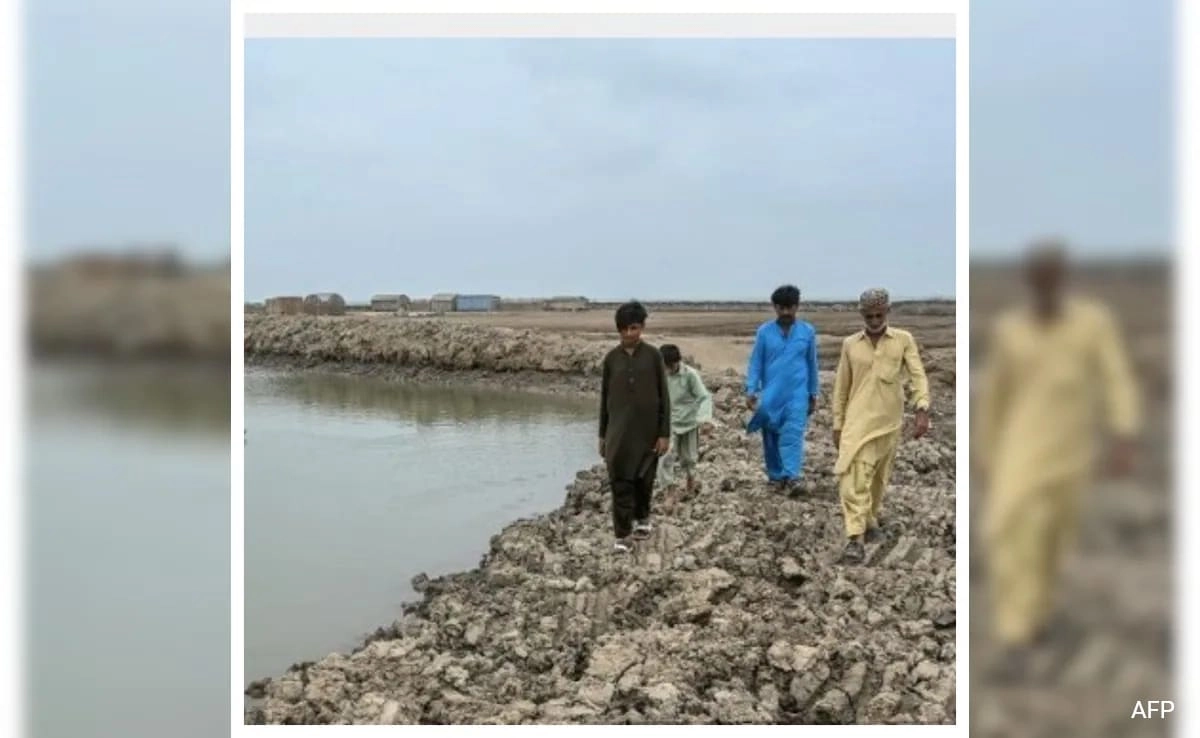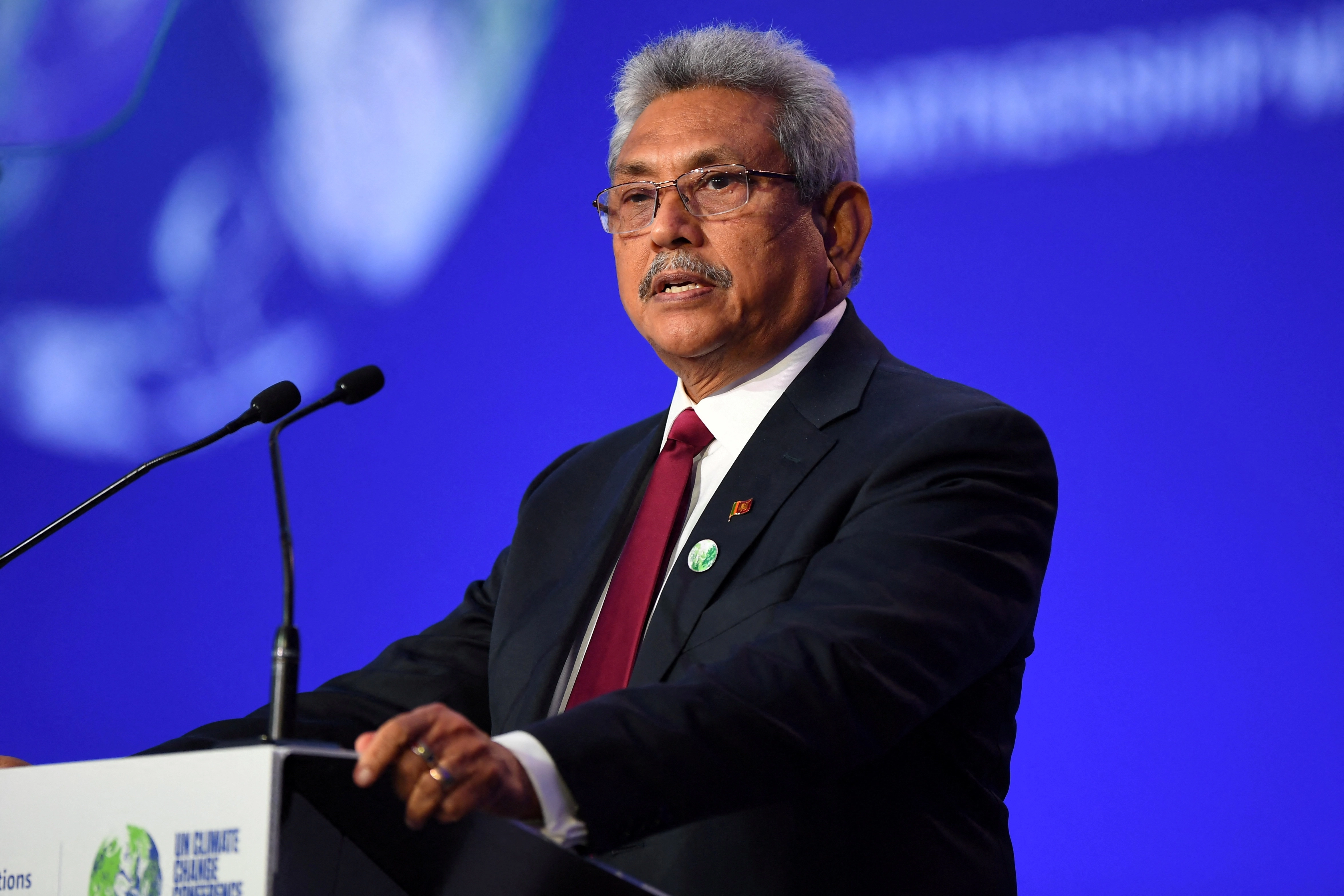The Indus Delta, once a flourishing ecosystem, is currently facing a dire crisis as it grapples with the devastating repercussions of environmental degradation and climate change. With approximately 1.2 million people displaced and an alarming 80% loss of its water resources, the delta’s plight reflects broader challenges impacting the region. Historically, the delta served as a vital habitat for diverse wildlife and a crucial resource for local communities, providing sustenance, livelihoods, and cultural identity. However, the rapid urbanization, industrialization, and agricultural expansion in Pakistan have significantly altered the natural flow of the Indus River, leading to severe consequences for both the environment and the population that relies on it.
The drastic reduction in water availability has not only resulted in the displacement of countless individuals but has also exacerbated existing socio-economic vulnerabilities. Communities dependent on fishing, agriculture, and traditional practices are now grappling with the loss of their livelihoods, forcing many to migrate to urban areas in search of alternatives. This mass displacement creates a ripple effect, straining urban infrastructure and resources while contributing to social tensions. Moreover, the loss of water in the delta has severely impacted the local ecosystem, leading to declining fish populations and the destruction of mangrove forests, which play a critical role in regulating coastal environments and protecting against erosion.
As Pakistan confronts the realities of climate change, the Indus Delta serves as a poignant reminder of the urgent need for sustainable management and restoration efforts. There is a growing recognition among policymakers and environmentalists that immediate action is necessary to reverse the damage and implement strategies that prioritize conservation. This includes restoring natural water flows, reforesting mangrove areas, and empowering local communities to adapt to changing conditions. By fostering collaboration between governmental bodies, NGOs, and local populations, Pakistan can work towards a resilient future that not only addresses immediate water shortages but also ensures the long-term sustainability of the Indus Delta and its rich biodiversity.
In conclusion, the crisis unfolding in Pakistan’s Indus Delta underscores the critical intersection of environmental health, social stability, and economic resilience. As the region faces unprecedented challenges, it is imperative that stakeholders come together to formulate comprehensive strategies aimed at mitigating the impacts of climate change. Through concerted efforts to restore the delta’s ecological integrity and support displaced communities, there lies a potential pathway to revitalize this vital region, securing both its natural heritage and the livelihoods of millions who call it home.




